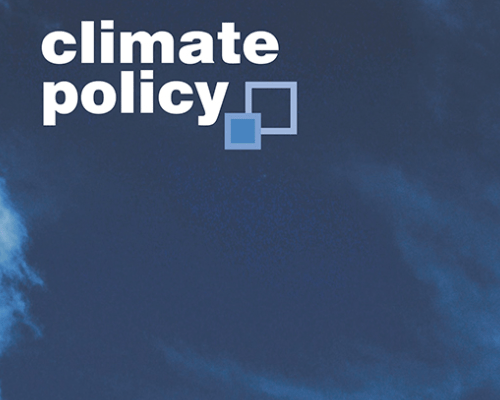Authors:
Abstract:
In the early days of social media, social scientists speculated that it could support democracy because large media conglomerates could not dominate it. Regarding climate change, research documents the influence of the fossil fuel industry in climate denial discourses in the traditional media. Therefore, a similar hope emerged that a more democratized platform would see less polarization in belief about climate change’s scientific basis. However, online public opinion about climate change continues to be extremely polarized, and the social forces behind it are not well understood. Here, we examine the role of one proposed mechanism for the systemic polarization and spread of disinformation in online discourses – the automated social media bot. This article pioneers the use of bot detection software on climate change discussion on Twitter, using automated monitoring of 6.8 million tweets. We examine the period around the time of U.S. President Donald Trump’s announcement of U.S. withdrawal from the Paris Agreement on June 1, 2017. We find that the announcement generated an immediate online social movement response with very low suspected bot presence. Prior to and afterwards, however, suspected bots were responsible for approximately 25% of original tweets. Additionally, we find that suspected bots were more frequent in some topic areas than others, including denialist discourses focused on research questioning the reality or importance of climate change.



